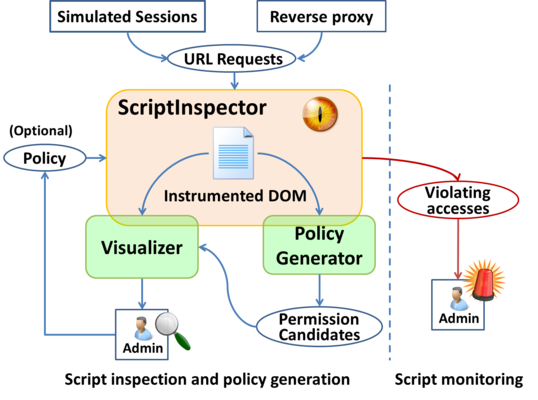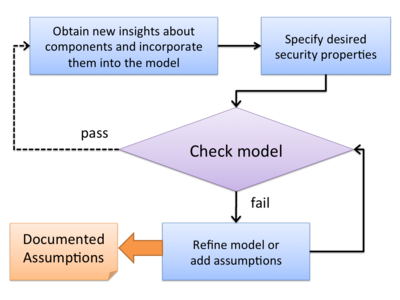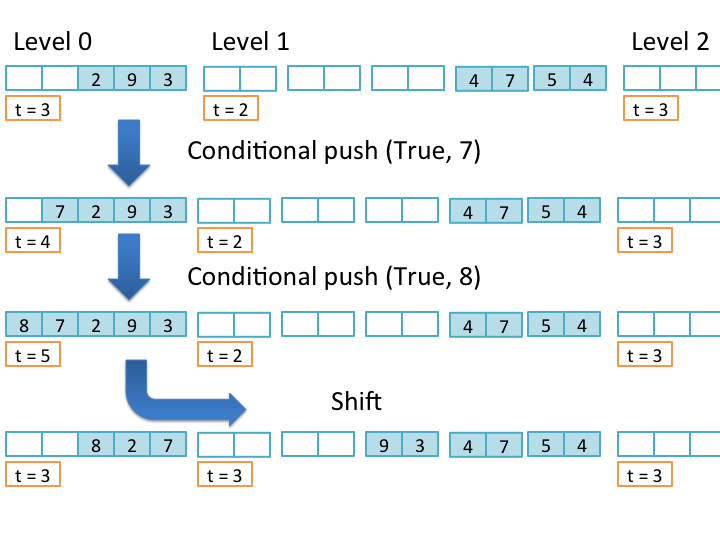Our paper on strengthening secure computation protocols to resist stronger adversaries is now available:
Yan Huang, Jonathan Katz, and David Evans. Quid Pro Quo-tocols: Strengthening Semi-Honest Protocols with Dual Execution. In 33rd IEEE Symposium on Security and Privacy (“Oakland” 2012), San Francisco, CA. 20-23 May 2012. [PDF, 13 pages]
Yan Huang will present the paper at the Oakland conference (which will be held in San Francisco for the first time, after being in Berkeley/Oakland for the first 32 years!) in May.
Abstract: Known protocols for secure two-party computation that are designed to provide full security against malicious behavior are significantly less efficient than protocols intended only to thwart semi-honest adversaries. We present a concrete design and implementation of protocols achieving security guarantees that are much stronger than are possible with semi-honest protocols, at minimal extra cost. Specifically, we consider protocols in which a malicious adversary may learn a single (arbitrary) bit of additional information about the honest party’s input. Correctness of the honest party’s output is still guaranteed. Adapting prior work of Mohassel and Franklin, the basic idea in our protocols is to conduct two separate runs of a (specific) semi-honest, garbled-circuit protocol, with the parties swapping roles, followed by an inexpensive secure equality test. We provide a rigorous definition and prove that this protocol leaks no more than one additional bit against a malicious adversary. In addition, we propose some enhancements to reduce the overall information a cheating adversary learns. Our experiments show that protocols meeting this security level can be implemented at cost very close to that of protocols that only achieve semi-honest security. Our results indicate that this model enables the large-scale, practical applications possible within the semi-honest security model, while providing dramatically stronger security guarantees.
Full paper (13 pages): [PDF]
Project site: MightBeEvil.com






